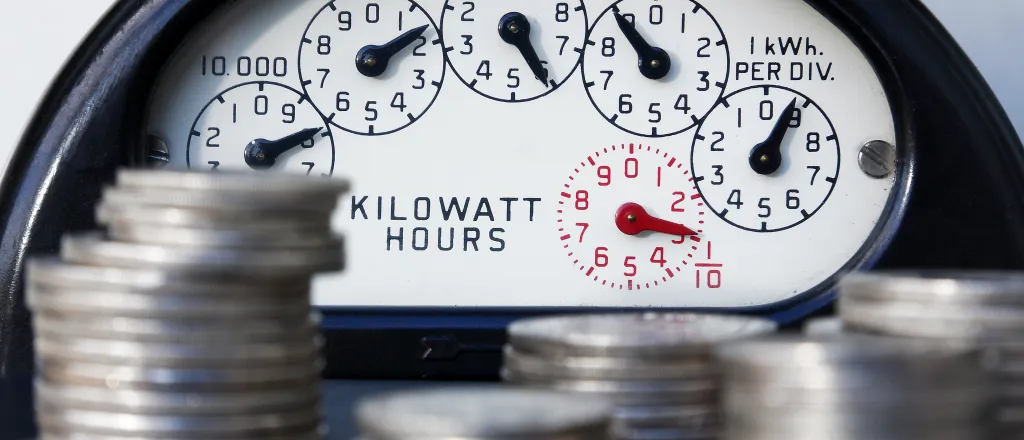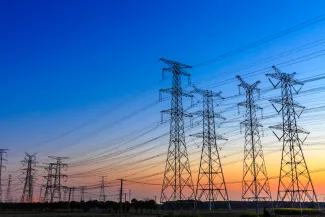
Under federal budget bill, how would your electricity bill fare?
Click play to listen to this article.
If the federal government finalizes the budget reconciliation bill in play, pro-consumer voices in Minnesota warn the changes will not be friendly to monthly bills for energy customers.
The analysts pointed to new findings from the nonpartisan think tank Energy Innovation, which looked at provisions in the Senate version from this week. It said the plan would cause Minnesotans' home electricity costs to rise by 28 percent over the next decade.

© zhaojiankang - iStock-802436842
Annie Levenson-Falk, executive director of the Citizens Utility Board of Minnesota, said it is because Republican lawmakers are poised to eliminate clean energy tax credits while expanding new oil and gas leasing.
"If we can't build as much wind and solar and renewables, then we're not just going to be building more gas plants, but running inefficient, more costly gas plants, more than we would have to," Levenson-Falk explained.
Levenson-Falk pointed out many Minnesotans are already struggling with utility costs, and the advancement of cleaner energy sources has prevented things from getting worse. Fossil fuel-linked groups are cheering the proposed measure, including America's Power, which argued incentives for renewables are no longer needed and they are pushing out energy sources such as coal prematurely.
The debates remain at the forefront with energy demand predicted to spike in the coming years. Levenson-Falk noted the new report showed transitioning back to a fossil-fuel vision would lead to a slower rollout of additional power capacity.
"Our power plants are old and they need to be upgraded or replaced," Levenson-Falk stressed.
Levenson-Falk acknowledged the need for more power grid upgrades with a diversified energy portfolio. But after up-front construction costs, she added operating solar and wind farms is not as expensive because there is no fuel needed, benefiting ratepayers.
Even with congressional moves potentially stalling progress, she emphasized clean energy would still be a part of the mix as utilities develop their own strategies.

















